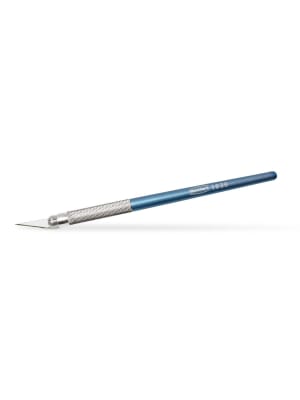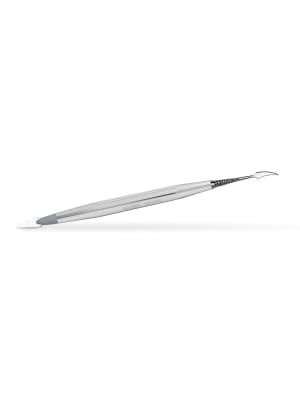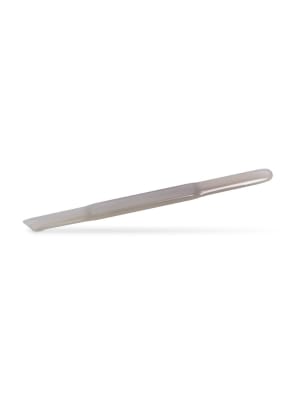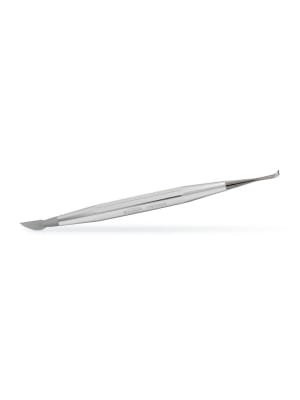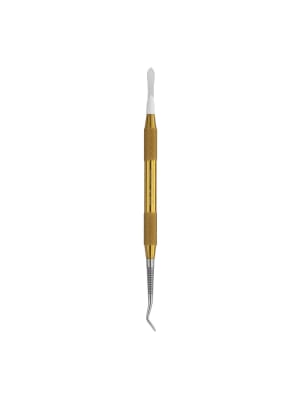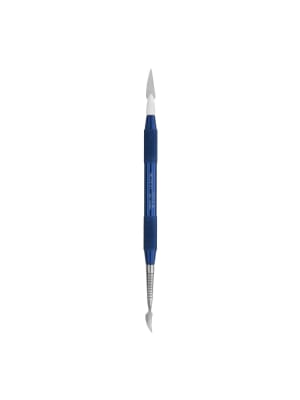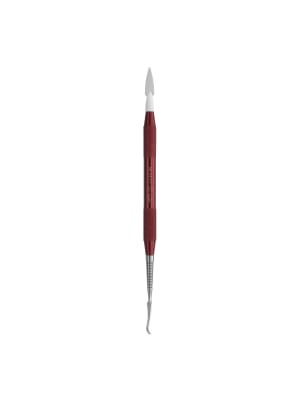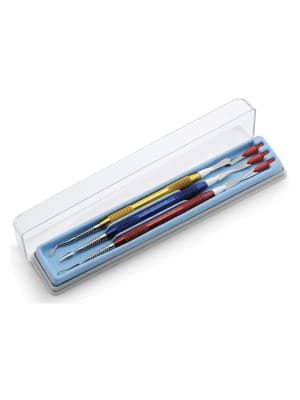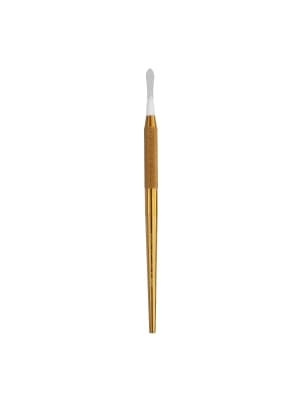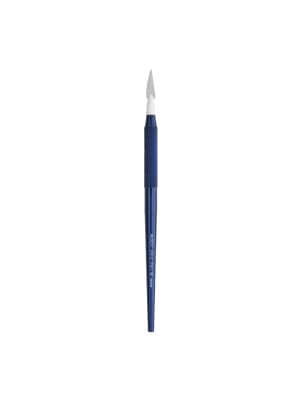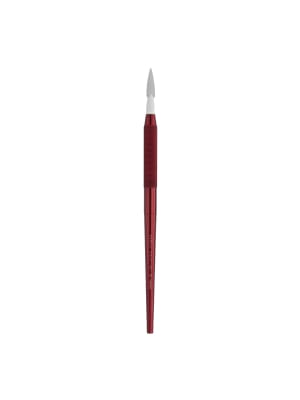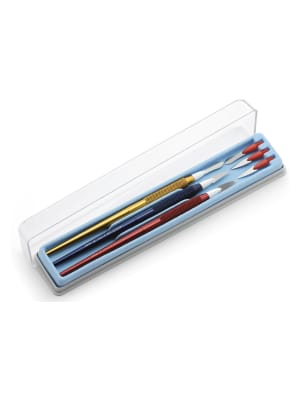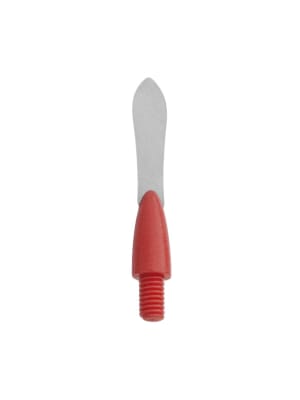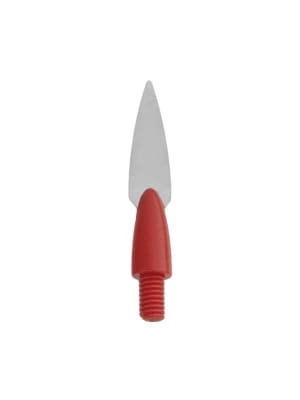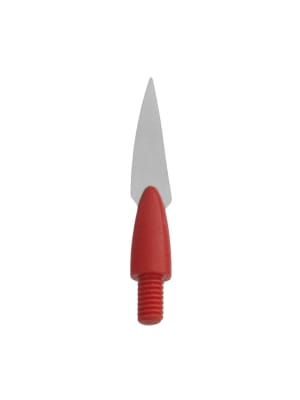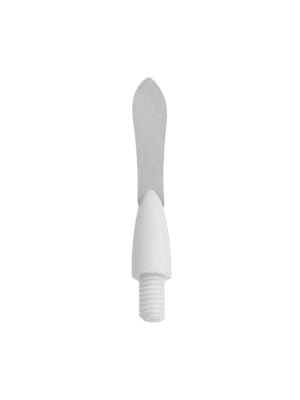Keramisk instrumenter
Jürgen Pohling
Consultant for dental communication & marketing
Germany
Classic Dental Technology
The term “additive manufacturing” refers to the digitally supported production of an object, in which successive layers of material are built-up using generative procedures (3D printing). This term is used in today’s modern working world, but it’s not really new for dental technicians who have been using “build-up” techniques for years. Even though the fabrication is by hand using wax or ceramic materials – it still uses building and layering techniques.
Many dental lectures and publications deal with digitally assisted, subtractive manufacturing methods. These articles usually include a detailed presentation about the ceramic materials and their CAM supported production in milling and grinding machines and the manufacturing workflow of ceramic frameworks or monolithic restorations. Since the Cologne International Dental Show (IDS) in 2015, 3D printing has also come into focus in dental technology. In particular in the in-house production of acrylic objects, such as impression trays, (drilling) templates, casting and pressing objects, (master) models or splints. (The selective laser-melting/sintering process for 3D printing of non-precious metal crowns, bridges and prosthetic bases, which has been in use for approximately 10 years now – mainly in the dental industrial field – is less prominently positioned as it is already a recognized technique).
These presentations and information give the impression that working with wax-ups are “old fashioned” and “completely out”. This however, is not the case. On the one hand, the dental technicians train their eye, fine motor skills and anatomical knowledge with every crown or bridge they wax-up and every ceramic build-up they create. On the other hand, objects can be fabricated which, for example, serve as a diagnostic wax-up for restoration planning, and therefore make an important contribution to the patient’s acceptance of the subsequent prosthesis. This manual capability is still indispensible even for the production of veneers, inlays, onlays, crowns and bridges for casting technology or ceramic press technology – despite all CAD/CAM supported production possibilities.

